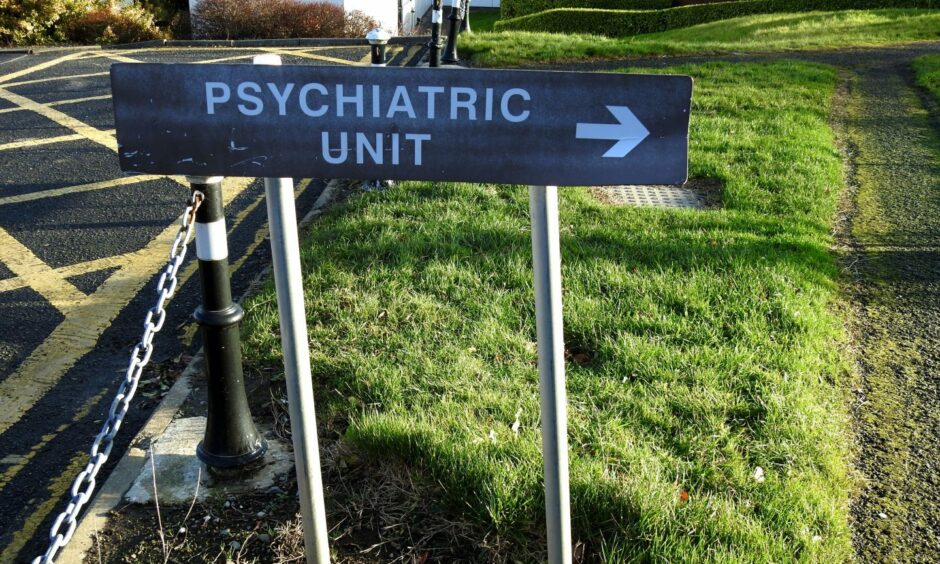
There was once a time when I felt so agonisingly broken, that I did not believe I would emerge from the abyss of my own mind.
The darkness hung off my shoulders like a shroud, and even basic tasks felt like wading through the never ending deep.
I was fine, until one day I wasn’t and two police officers drove me to New Craigs Psychiatric Hospital in Inverness.
In doing so, they saved my life.
There was no bandage or impressive wound. Just a 22 year old staring into space, because she could no longer function under the numbing weight of mental health.
I am now a mother, a wife, a bad dancer and wannabe gardener.
There was no judgement
I seldom think of those days spent in a room which had no door handles, under the care of mental health nurses and psychologists.
They enveloped me with their expert knowledge, and sat with me when the night seemed interminable.
I can’t remember their names or even their faces, but I know one thing for sure.
There was no judgement, and that in itself enabled me to breathe again.
I rarely volunteer the information that I was an inpatient at the “funny farm” as I’ve heard it called.
The nut house or lunatic asylum.
Why not just say Royal Cornhill Hospital, which actually boasts a specialist eating disorder unit?
I have watched as society has started to open up about mental health, interviewed survivors of suicide in my job as a journalist, and listened to the grief of those left behind.
“We must talk about this” has become a refrain in the wake of each tragedy, and in many respects we have made such giant leaps forward.
I recently watched Netflix hit, Queen Charlotte and was struck by the barbaric ‘treatments’ used for the Mad King George as he was known.
Fear from a lack of knowledge
It’s not so long ago that we didn’t understand mental health at all, when now we have therapy, anti-depressants and the power of diagnosis.
History is still dragging us down however, because there is one thing which hasn’t changed.
I have never heard inpatient care openly discussed, and I wonder if this is down to fear.
A fear which stems from lack of knowledge, based on horror movie depictions of straitjackets and lobotomies.
It is 2023, but have we really moved on if we cannot discuss all aspects of mental health care?
I am writing this because I want you to know, a psych ward is not a terrifying place.
It is our own internalised shame and taboo, the silent fear of the unspoken and unknown.
Time to put stereotypes away
During my brief stay at Newcraigs, I didn’t come across any type cast lunatics roaming the corridors.
Just broken souls, fellow patients with jobs, families and a desire to get better.
It’s time we put tired stereotypes to bed, and embrace all aspects of mental health care for what it truly is.
A means of saving a life, carving out hope and enabling the sunlight to finally break through.
We all walk a precarious tight rope in this life, and any one of us could require a trip to the loony bin.
Find the empathy to call it what it is. A psych unit, a second chance to begin again.
Mike Scotland: Mental Health Campaigner
Oil and gas worker Mike Scotland founded man UP speak UP four years ago, in a bid to get more people in the male dominated industry discussing mental health.
He is also behind an award winning movement called Community cleanUP, which sees people tidy up their local area, get active, and even discuss mental health along the way.
Mike has spoken openly about his own struggles , including the fact he received counselling at Royal Cornhill Hospital.
He believes that psychiatric care needs to become part of an ongoing conversation.
“When I was a kid growing up in Aberdeen, of course I heard all the references made about Cornhill,” said Mike.
“There was this stereotypical view where mental health was seen as someone wearing a straitjacket.
“Our conversations surrounding mental health have grown over time, but discussions surrounding psychiatric care haven’t developed.
“We understand one side, so we can discuss anxiety, depression or medication for example.
“We have normalised going to the doctor for mental health, but that’s where the conversation stops.
“The other side, meaning psychiatric care, isn’t discussed.”
‘We should be able to talk about mental health’
Mike believes the reluctance is complex, and partly stems from lack of understanding.
“What some people believe psychiatric care to be and what it actually is, two very different things,” he said.
“We’re partly relying on people who have experienced Cornhill for example, to have that conversation.
“But how do you do that in a way which other people will understand?
“Because it isn’t openly discussed, it can then become a struggle to talk about it.
“For me, the hardest thing was speaking up in the first place.
“Whenever I talk about my experience, people seem interested as opposed to scared.”
Mike is hopeful that over time, all aspects of mental health treatment will come up in every day conversation.
“We should be able to talk about mental health in the same conversation we’re having about football, family or weekend plans,” he said.
“It should come up in the same sentence.
“It sounds simple but we can only improve if we talk about it.”
- If you are struggling with your mental health, you can phone Breathing Space on 0800 838587 or Samaritans on 116 123.
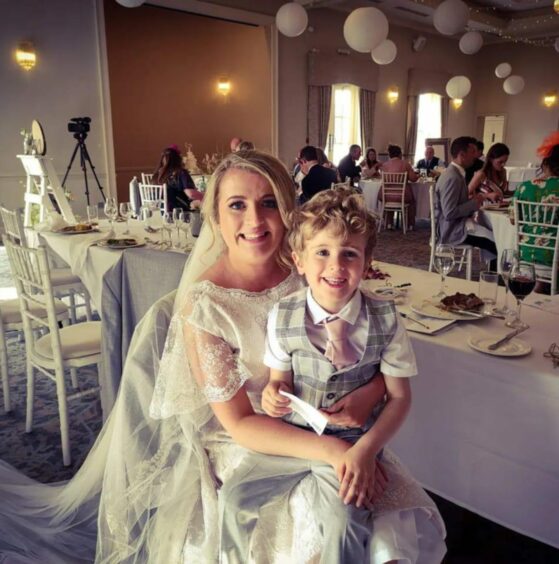
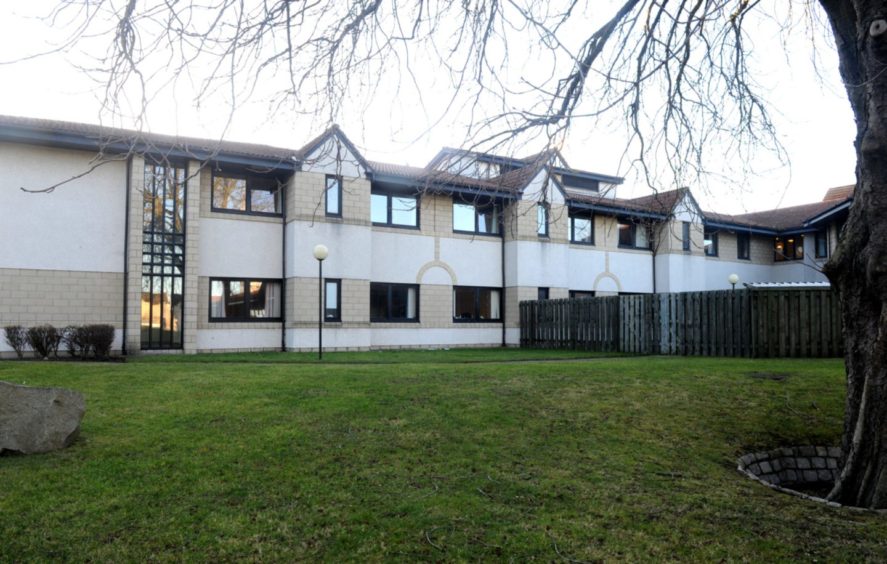


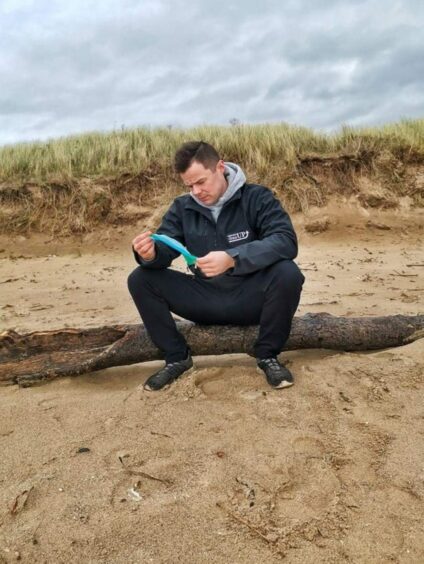
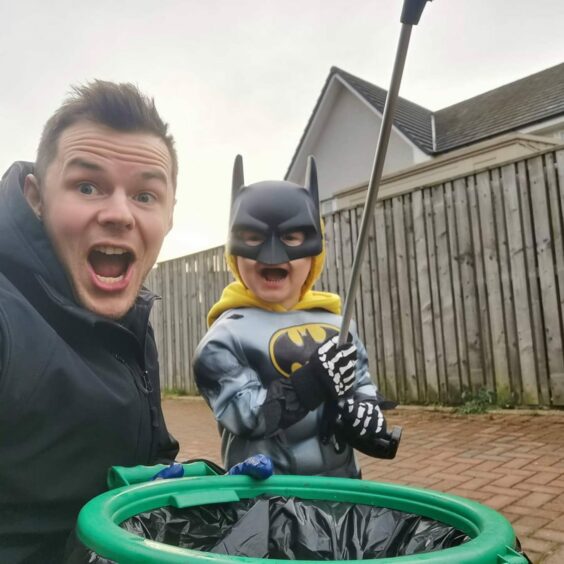
Conversation